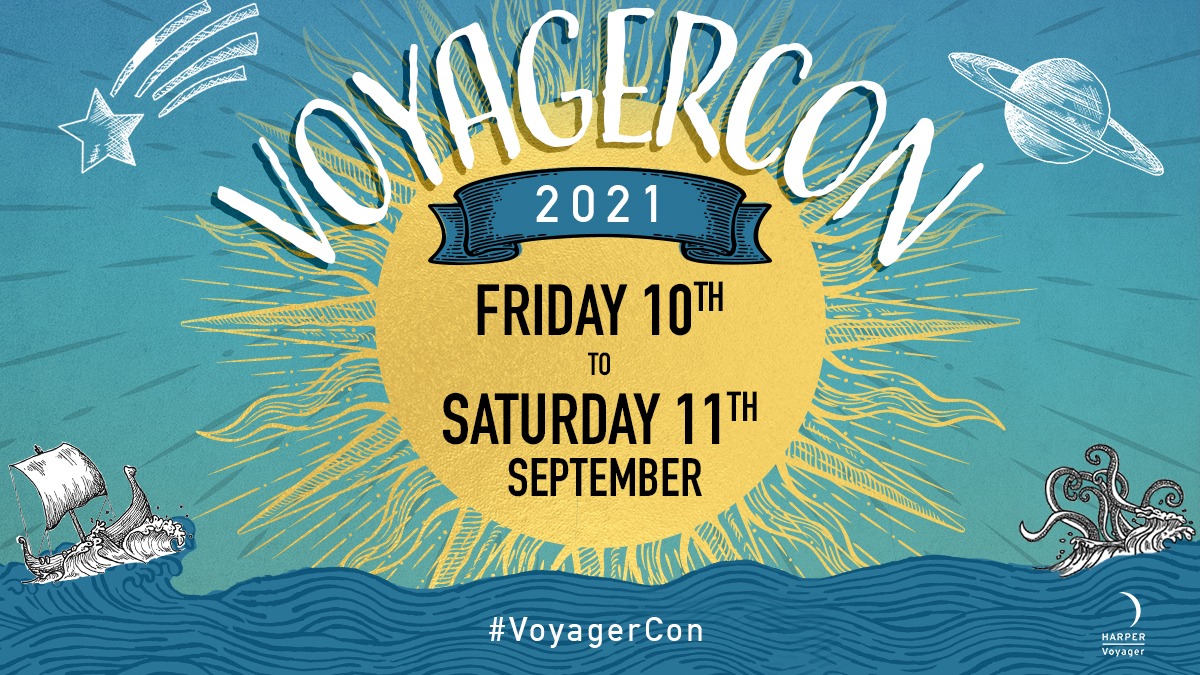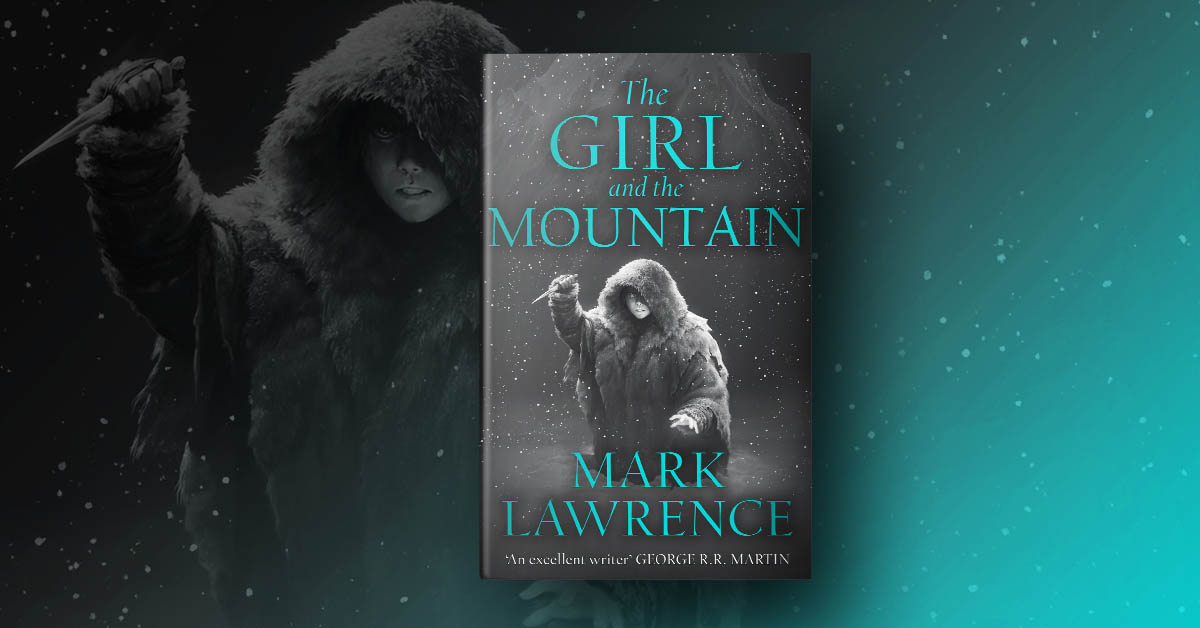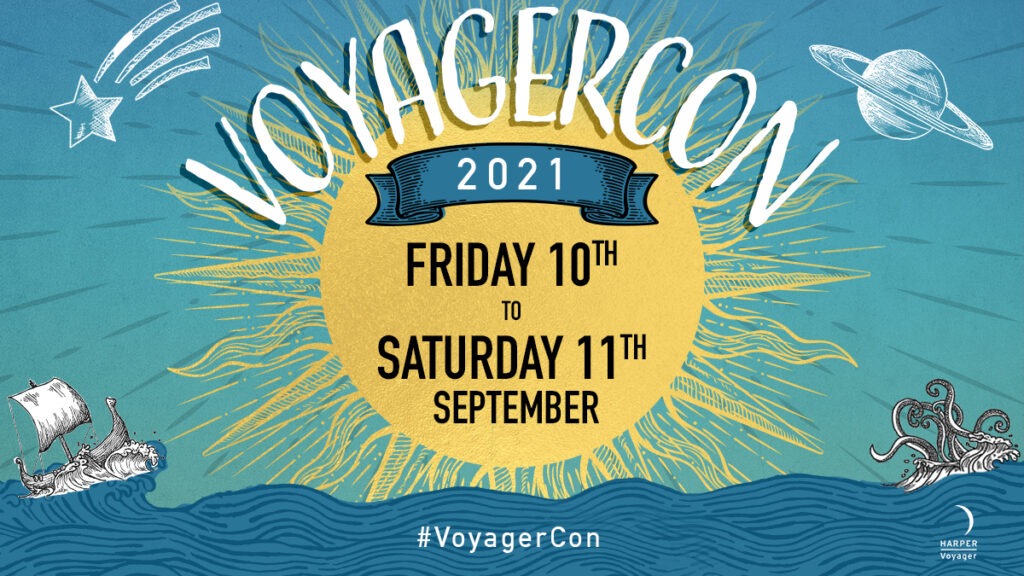That’s Point of View. And one of the goals of any writer is to stay solidly within the Point of View of the character he is writing, without making the reader unnecessarily aware of it.
To oversimplify a lot, there are three basic ways to approach POV.
One is omniscient, in which the reader is looking down, god-like, on the tale. He knows what is happening twelve miles away, or on the space station orbiting Jupiter just as easily as he is aware of the conversation over tea in the café in London. So even as he knows that Josephine thinks the tea is too sweet, he is aware that her friend Stella has just returned the packet of poison to her purse under the table.
In what I think of as third person, the reader ‘rides’ with a character, and for that sections of the book, be it a chapter or a few paragraphs, the reader thinks, feels and regards the world as from that character’s mind. This was the method of story telling I chose for the Liveship Traders and for the more recent Rain Wild Chronicles. It’s a wonderful way to steep the reader in a character, and to share the secrets of a character that no one else in the book knows. In the Liveships, it let me put the reader squarely into Kennit’s boots (or later, boot!) and demand that, for a space of time, the reader share Kennit’s skewed view of the world, his contorted idea of justice and even his twisted honor. In the course of writing Kennit, I came to love this dastardly villain just as dearly as I loved the other heroes who shared something closer to my own value system. In many ways, I now feel just as fond of the less-than-admirable but self-adoring Hest of the Rain Wild Chronicles once I wrote a few scenes from his POV. It’s very difficult to don a character’s skin and write from his POV without feeling both kinship and affection for him.
The third type of POV is my absolute favorite for story telling. First person. In first person, the writer dons the skin of a character and tells the story exactly as that character experienced it. To me, first person is the natural story telling voice. When a person comes home from work or school and sits down at the dinner table to discuss the day, he always tells the story of his day’s adventure from first person. And in doing so, he imparts his personal point of view to every aspect of it. When the writer employs this technique, the reader learns the protagonist from the skin out. If the character is young or angsty, paranoid or self-righteous, sheltered or worldly, it will all come through in the first person account. And the writer is free to indulge in letting his narrator shade his telling, either to exaggerate his heroism, or justify his actions, or edit what really happened to put himself in a better light. It’s all a part of characterization.
First person point of view is also my preference for reading. Some of my favorite examples of first person narration are actually in the mystery/detective genre. Archie Goodwin, the narrator of the detective cases of Nero Wolfe (as written by Rex Stout) is obviously a man of action who is very fond of himself. And in time, I definitely came to share his opinion of himself, as well as his fondness and occasional annoyance with his employer. John D. McDonald’s Travis McGee series would never have been as engaging if we were forced to view his activities in the third person. The same is true for Robert Parker’s detective Spenser, and later, his shot-gun toting western side-kick, Everett Hitch as he follows his friend Virgil Cole through a series of ‘lawman for hire’ adventures.
There are other excellent examples of first person deployment in the fantasy and SF fields. Heinlein used it to great effect in both Glory Road and Have Spacesuit, Will Travel. Steven Brust’s Vlad is an assassin/witch with a very wry sense of humor, and a deep bond to his small telepathic Jhereg familiar. Michael Marshall Smith dragged me into his book Only Forward by insisting that I experience a life with his protagonist Stark, in a world so surreal I could not have engaged with it without a resident guide. I’d be amiss if I didn’t mention my current love/hate relationship with the first person narrator of Prince of Thorns. Mark Lawrence uses a first person point of view to simultaneously hide and reveal what makes young Jorg tick, until the relentlessly cruel protagonist abruptly becomes all too horribly human and understandable to the reader.
First person narration is always the hook that will pull me into a story, whether it is the intriguing admonition of “Call me Ishamel,” or the simple announcement, “You don’t know about me without you have read a book by the name of The Adventures of Tom Sawyer, but that ain’t no matter.” If you want to pull a reader into your writing, or plunge yourself into a story, first person narration is the way to do it.
City of Dragons is OUT NOW. Get it in all good bookshops.



